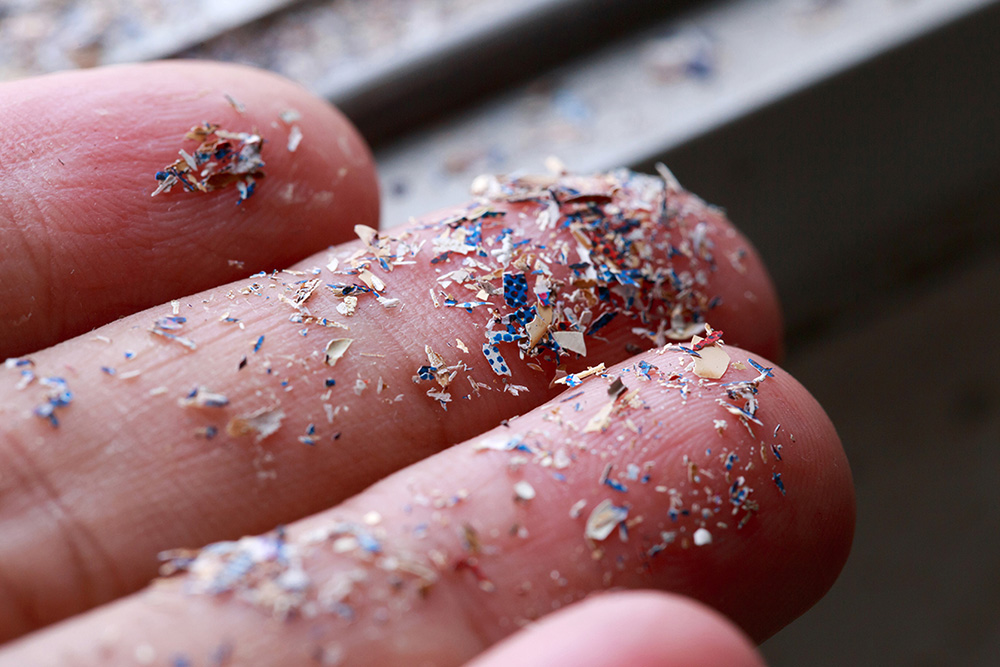
Oceans play a critical role in sustaining life as we know it. World Oceans Day (8 June) is a time of international recognition and awareness raising about oceans. During this time, many highlight and encourage collective action for healthy oceans as they are vitally important for biodiversity and human health, providing habitats for marine life, supporting food supply, regulating climate, and offering economic and medicinal resources.
However, ocean health is seeing a declining trend due to plastic and chemical pollution. Plastic pollution of oceans is by far the most concerning challenge. Scientific estimates indicate that more than 171 trillion pieces of plastic are floating in the world's oceans. As per the Economist Back to Blue initiative, between 1950 and 2015, 8.3 billion tonnes of plastics have been made, of which only 2 billion tonnes are still in use. The rest is sent to landfills, polluting the environment, including oceans.
According to a World Wide Fund for Nature (WWF) report, if all the plastic pollution inputs stopped today, marine microplastic levels in the ocean would still more than double by 2050 – and some scenarios project a 50-fold increase by 2100. This increasing magnitude of accumulation of ocean plastic would severely impact not only the sea animals but also human health through the food chain. Clearly, tackling plastic pollution should be one of the topmost priorities for all nations. However, that is far from the current reality.
The Plastics Management Index (PMI) of the Economist assessed 25 developed and developing countries for their capacity to minimise plastics mismanagement or leakages across the plastics lifecycle. Except for a few countries (Germany, France, Finland, UK, USA, Japan, Chile etc.), PMI reported inadequate laws, regulation and incentives for plastics management across most countries. Similarly, PMI found inadequate systemic capacity to oversee, collect, sort and recycle plastic waste. PMI reported insufficient efforts by governments, private sector and consumers to combat plastic waste.
There are ways in which this current depressing trajectory of ocean plastics can be reversed. Our exploratory research indicates multi-pronged actions are needed to develop and implement an action-based framework. We call this framework a System for Tackling Ocean Plastic (STOP). This action framework is presented below (figure 1) and essentially requires actions on six-fronts in each country. NRI in collaboration with country partners is developing country level pilots on the STOP paradigm to showcase how considerable progress and reduction /reversal of the magnitude and impact of ocean plastics can be achieved.

